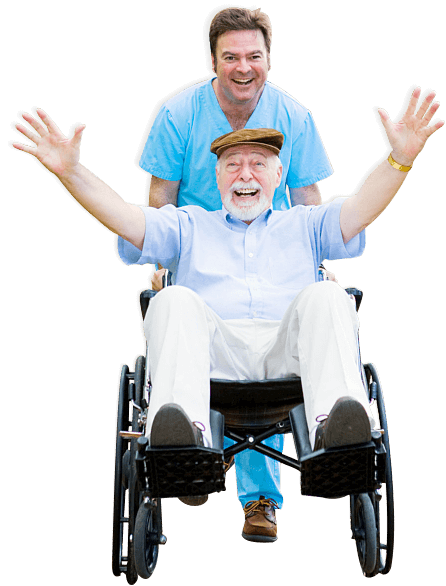Aging is an inherent aspect of life, and as individuals advance in years, it is essential to prioritize their health. With a proactive approach, seniors can enjoy vibrant, active, and rewarding lives. Below are key health tips designed to assist seniors in maintaining their well-being:
1. Balanced Diet
A nutritious diet serves as the foundation for good health. Seniors should aim to incorporate a diverse range of nutrient-dense foods, which include:
- Fruits and Vegetables: Rich in vitamins, minerals, and antioxidants.
- Lean Proteins: Such as fish, poultry, beans, and legumes.
- Whole Grains: Including brown rice, oats, and whole wheat bread.
- Dairy: Opt for low-fat or fat-free selections to support bone health.

2. Stay Hydrated
Proper hydration is crucial for overall wellness. Seniors are encouraged to drink at least 8 glasses of water daily, with herbal teas and soups serving as additional sources of hydration.
3. Regular Exercise
Engaging in physical activity is vital for preserving strength, flexibility, and balance. Seniors should participate in consistent exercises, including:
- Walking: An accessible and effective means of staying active.
- Swimming: Gentle on the joints while providing excellent cardiovascular benefits.
- Yoga and Tai Chi: Beneficial for enhancing balance and alleviating stress.
4. Mental Health
Maintaining mental well-being is equally important as physical health. Seniors can promote mental wellness by:
- Staying Socially Engaged: Connecting with family and friends, joining clubs, or taking part in community events.
- Pursuing Hobbies: Keeping the mind active with pursuits such as reading, puzzles, or crafts.
- Practicing Mindfulness and Relaxation: Incorporating mindfulness techniques, meditation, or gentle breathing exercises into their routine.
5. Regular Check-ups
Routine health evaluations are essential for the early identification and prevention of potential health concerns. Seniors should have regular appointments for:
- Dental Check-ups: To uphold oral health.
- Eye Examinations: To track changes in vision.
- Hearing Assessments: To identify any hearing impairments.
- Annual Wellness Visits: Comprehensive assessments with their healthcare provider.
6. Medication Management
Adhering to prescribed medications and understanding their effects is vital. Seniors should:
- Organize Medications: Utilize a pill organizer for daily dosage management.
- Consult Healthcare Professionals: Discuss any concerns or side effects with their physicians.
7. Home Safety
Creating a secure living environment can prevent accidents and enhance independence. Seniors should:
- Eliminate Hazards: Ensure that the home is devoid of tripping hazards such as loose rugs or clutter.
- Install Safety Features: Add handrails in bathrooms, improve lighting, and use non-slip mats for safety.
- Develop Emergency Plans: Establish a clear plan for emergencies, which includes a list of emergency contacts.






